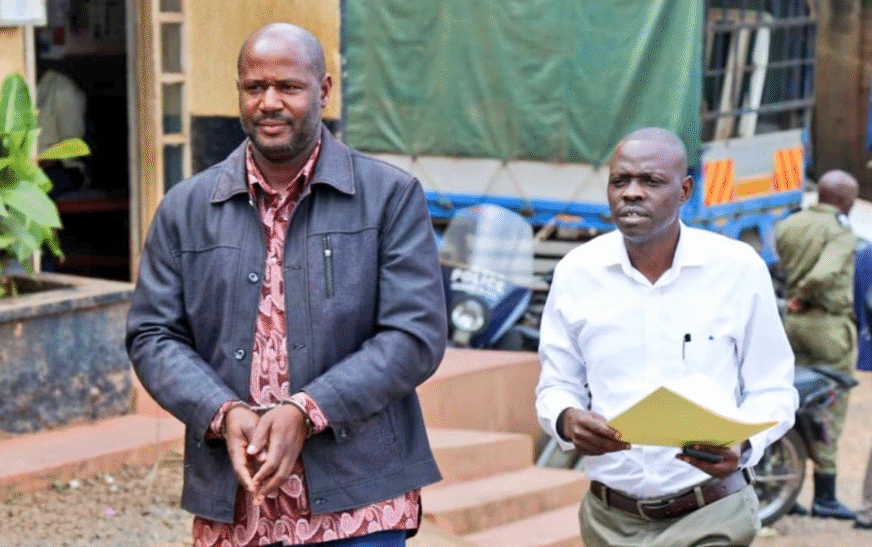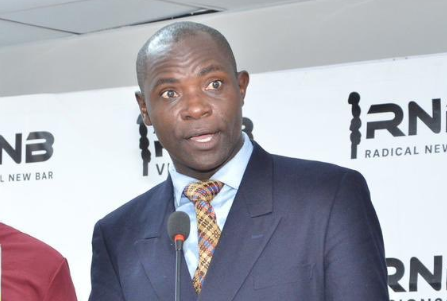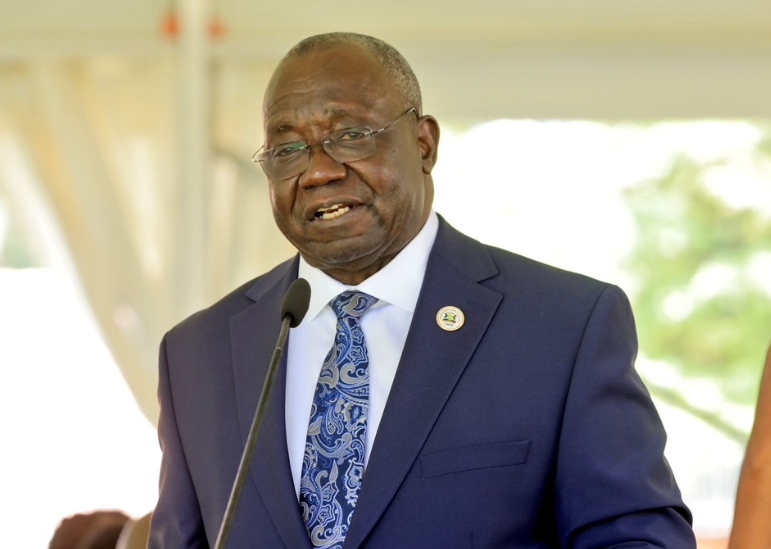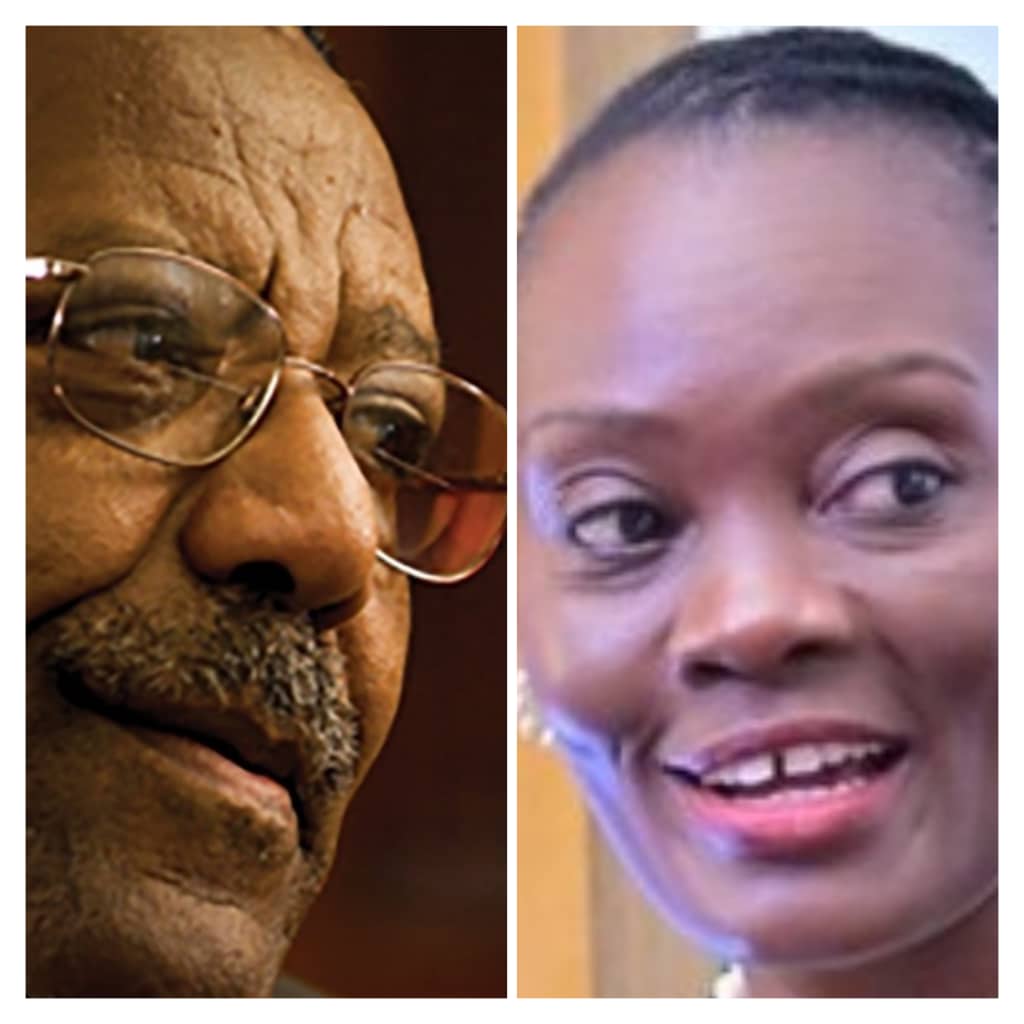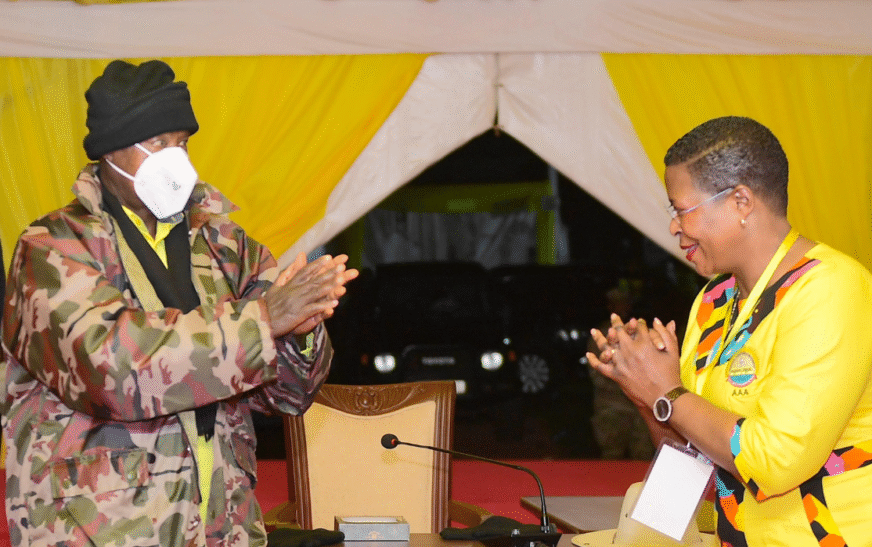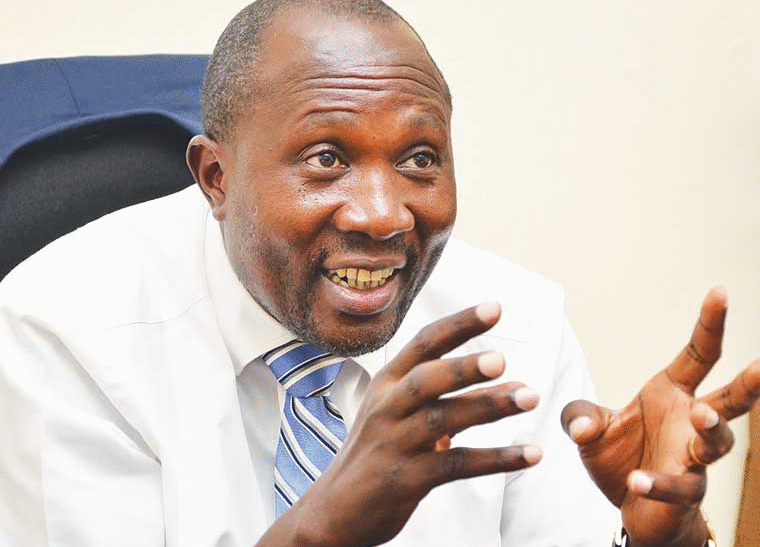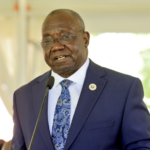The long-running dispute over the Kaazi National Camping and Scouts Centre has taken a dramatic turn after the State House Anti-Corruption Unit (SH-ACU), working in coordination with the Criminal Investigations Directorate (CID) and the Office of the Director of Public Prosecutions (ODPP), arraigned Muledhu David, self-styled National Executive Secretary of the Uganda Boys Scouts Association before the Makindye Magistrate’s Court on Thursday.
Muledhu faces several charges, including unlawful occupation of land belonging to another, malicious damage to property, conspiracy to commit a felony, forcible detainer, and forcible entry. He was remanded to prison until September 1, 2025.
His case links him to a group of seven other individuals previously charged in connection with attempts to illegally seize 120 acres of land at Kaazi, a historically significant site legally owned by the Kabaka of Buganda, but leased to the Uganda Scouts Association for camping purposes.
Co-Accused and Charges
The seven individuals already facing trial are: Barugahare Mujuni Patrick (70), Butumbwire Stephen (70), Mugisha John (85), Musoke Stephen Brain (64), Mununuzi Alex (32), Orwanga Michael Richard (58) and Anyango Francis (59).
They appeared before the Kololo-based court and were charged with five counts: forcible entry, unlawful occupation of land, malicious damage to property, conspiracy to commit a felony, and forcible detainer.
According to the CID charge sheet, the accused forcibly entered Block 273, Plot 5 in Kaazi on June 24, 2025, and attempted to take possession of the land. Prosecutors allege they assembled a large group, broke into the offices of the Uganda Scouts Association, and began grading the land without any legal authority.
“The accused unlawfully stormed the property in a violent manner, broke into structures, and initiated destruction of established facilities belonging to the Uganda Scouts Association,” reads part of the prosecution summary.
Between June and August 2025, the group allegedly destroyed significant infrastructure on the site, including four kitchen houses, four latrines, four water tanks, a watchtower, a performance arena, and numerous trees, all legally owned by the Uganda Scouts Association.
The prosecution further accuses the group of forcible detainer, asserting that they continued to occupy the land “in a manner likely to cause a breach of the peace,” despite clear legal ownership by the Uganda Scouts Association under the authority of the Kabaka.
Historical Context of the Kaazi Land
The Kaazi site is deeply rooted in Uganda’s cultural and historical landscape. First registered in 1923 to Kabaka Daudi Chwa II, not personally but in his capacity as King of Buganda, the land was leased in 1948 to the Uganda Scouts Association strictly for camping and scouting activities.
Following the abolition of kingdoms in 1967, the land was absorbed by the central government. However, it was later returned to the Buganda Kingdom under the 1993 Traditional Rulers (Restitution of Assets and Properties) Act. In 2020, the High Court ruled in favor of the Kabaka, reaffirming his legal ownership and cancelling all fraudulent land claims.
The issue resurfaced when State Minister for Lands, Sam Mayanja, controversially challenged the Kabaka’s title, ordering its cancellation and pushing for the deregistration of the Buganda Land Board. However, Justice Bonny Isaac Teko issued a temporary injunction blocking the minister’s directive, upholding Buganda’s ownership and halting any further interference by the Ministry of Lands.
Implications and Legal Significance
The ongoing criminal proceedings represent a significant escalation in the Kaazi land dispute and are widely seen as a pivotal moment in Uganda’s land governance, cultural preservation, and rule of law.
With the Kabaka’s ownership reaffirmed both legally and historically, and with a High Court injunction still in force, observers say the case could set an important legal precedent protecting traditional land from encroachment while reinforcing judicial independence in resolving land conflicts.

